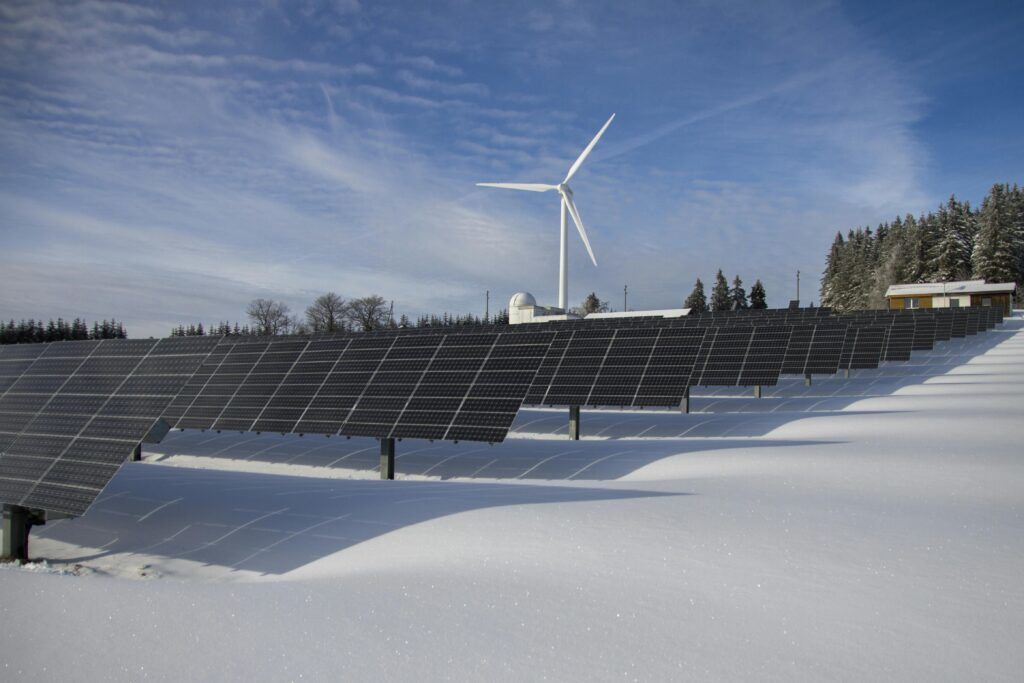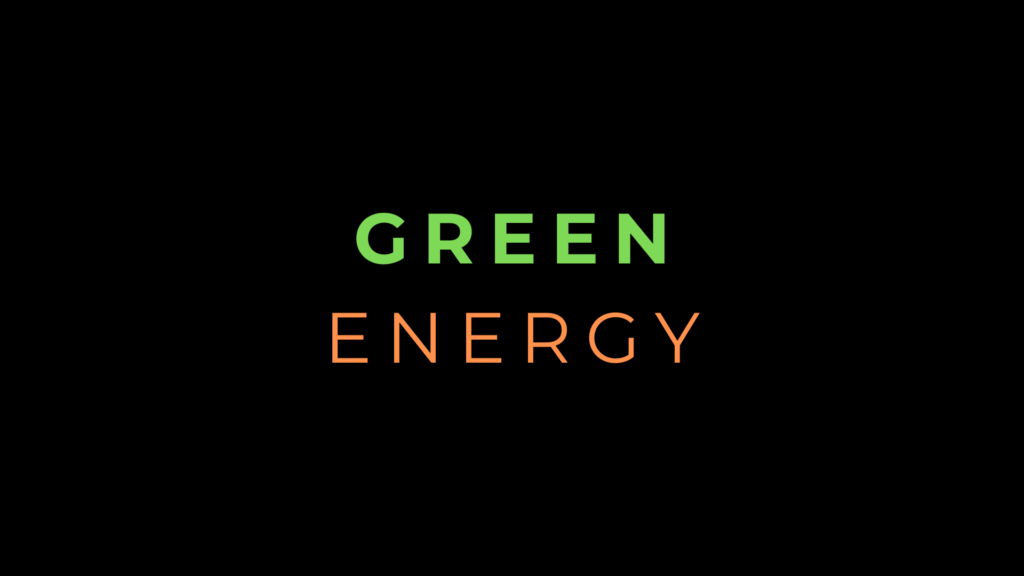
Solar Panels vs. Wind Turbines: Which One Powers Your Home Best?
As the demand for renewable energy surges, homeowners are increasingly considering green alternatives to power their houses. Among the most popular choices are solar panels and wind turbines, both offering sustainable and eco-friendly energy solutions. However, choosing between them can be a challenge. This article dives into the key differences, advantages, and disadvantages of both technologies, helping you make an informed decision about which energy source is the better bet for your home.
Solar Panels: Harnessing the Power of the Sun
How Solar Panels Work
Solar panels convert sunlight into electricity using photovoltaic (PV) cells. When sunlight hits these cells, it generates an electric current that can be used to power your home. Solar panels are typically installed on rooftops or in large arrays on open land, making use of a plentiful and free energy source: the sun.
Advantages of Solar Panels
- Widely Accessible: Solar panels can be installed almost anywhere with adequate sunlight, making them accessible for most households.
- Low Maintenance: Once installed, solar panels require very little maintenance. They can last up to 25 years with minimal upkeep.
- Scalability: You can start with a few panels and gradually add more as your energy needs increase or budget allows.
- Silent Operation: Solar panels generate power without noise, ensuring that your household remains peaceful.
- Financial Incentives: Many governments offer tax credits, rebates, or incentives to reduce the upfront costs of solar panel installations.
Disadvantages of Solar Panels
- Dependent on Sunlight: Solar panels are less effective in regions with limited sunlight or cloudy conditions, reducing their energy output during winter months.
- Upfront Costs: Although prices have come down in recent years, the initial investment for solar panels can be expensive.
- Space Requirement: Installing solar panels requires significant roof space or a dedicated plot of land, especially if you have high energy demands.
Wind Turbines: Capturing the Power of the Wind
How Wind Turbines Work
Wind turbines generate electricity by using wind to turn large blades, which spin a rotor connected to a generator. This mechanical action transforms kinetic energy from the wind into electrical energy that can be used to power homes. Wind turbines are often seen in rural areas or large properties where they can catch the breeze unobstructed.
Advantages of Wind Turbines
- Efficient in Windy Areas: Wind turbines can produce more electricity in consistently windy areas, making them a powerful energy source in the right environment.
- Small Footprint: While the turbines themselves are large, they occupy a relatively small portion of land, leaving space for other uses.
- Nighttime Energy: Wind turbines can generate electricity both day and night, unlike solar panels that are limited to daylight hours.
- Less Environmental Impact: Wind energy is one of the cleanest forms of renewable energy, producing no emissions or pollutants.
Disadvantages of Wind Turbines
- Weather-Dependent: Like solar panels, wind turbines rely on specific weather conditions. They are ineffective in regions with low wind speeds.
- Noise and Aesthetics: Wind turbines can be noisy and may not be aesthetically pleasing for residential areas, potentially disturbing neighbors.
- Maintenance Needs: Wind turbines have moving parts, which means they require regular maintenance and can wear down faster than stationary solar panels.
- Higher Upfront Costs: Although wind turbines are efficient in the right conditions, the initial cost of installation is often higher than solar panels, especially for residential use.
Factors to Consider When Choosing
1. Location
Your location is perhaps the most critical factor in deciding between solar panels and wind turbines. Solar panels are ideal for areas with plenty of sunshine, while wind turbines work best in open spaces with consistent wind. If your home is in a sunny region, solar panels will likely offer a more reliable energy source. On the other hand, if you live in a windy rural area, a wind turbine may provide more energy efficiency.
2. Energy Needs
Another factor to consider is your household’s energy demand. Solar panels can be easily scaled to meet varying energy needs, while wind turbines are generally more suited for homes with higher energy requirements due to their larger output potential in ideal conditions.
3. Budget
Both solar panels and wind turbines require a significant initial investment, but the costs can vary greatly depending on the size of the system you need. Solar panels typically have lower upfront costs, making them more appealing to budget-conscious homeowners. However, long-term savings on energy bills and government incentives can offset the higher initial costs of wind turbines in the right locations.
4. Environmental Impact
Both energy sources are environmentally friendly, but wind turbines are slightly more efficient in terms of energy conversion. Still, solar panels are less intrusive on the landscape and have less of a visual and auditory impact, making them more suitable for residential areas.
Which Is the Better Bet for Your Home?
Ultimately, the choice between solar panels and wind turbines depends on your specific circumstances. If you live in a sunny area with limited space, solar panels may be the better option. On the other hand, if your property has ample wind exposure and you don’t mind the visual impact, a wind turbine could generate more electricity over time.
For most homeowners, solar panels tend to be the more practical and accessible choice, particularly in urban and suburban environments. However, wind turbines may offer superior performance in rural areas with high wind potential. By assessing your location, energy needs, and budget, you can determine which renewable energy source will best power your home and contribute to a more sustainable future.
